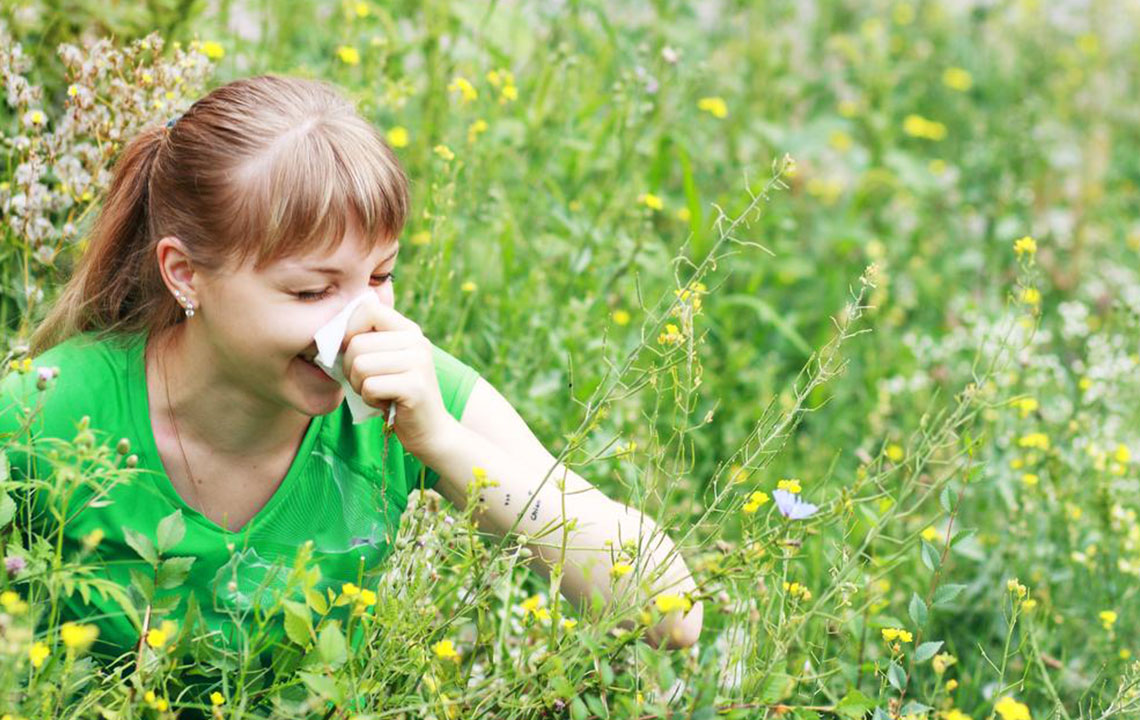Simple and Easy Remedies for Seasonal Allergies

Spring is a season of colors, fresh, blooming flowers, and beautiful scents. It’s undoubtedly, the most romantic season of the year. But it’s also the season that brings out the worst of seasonal allergies in a lot of people. Hay fever as it’s commonly known is a condition that can leave you with a runny nose, sneezing, and bothersome lung congestion. In short, you’ll be quite miserable. However, before you reconcile yourself to a fate of misery, go through this article. It’ll help you understand the various treatments that you can undergo to alleviate the worst effects of the allergy.
Preventive measures
There are various seasonal allergy medications that you can take. These have all been proven to provide relief to the patient effectively. However, there are a few preventive measures that can be taken up to keep the problem at bay, to begin with. The preventive measures are as follows:
- Stay indoors and stay away from free-floating seasonal pollen.
- Stay away from gardening, mowing, and other jobs related to gardening.
- Have a shower and change your clothes once you come home after stepping outdoors.
- Don’t dry clothes outdoors. This can make you vulnerable to extended pollen exposure, through your clothes and through the act of drying your clothes outdoors.
- Wear a pollen mask when you’re outdoors.
- Close your doors and windows when the pollen count is high.
- Take seasonal allergy medication as a preventive measure if the pollen count is high.
- Keep the interiors of your house clean and tidy.
- Adjust your air conditioning system to ensure clean, fresh air circulation.
- Keep the filters on your air conditioner clean for maximum protection from pollen.
- Clean your floors diligently.
- Use a dehumidifier to keep your indoors as clean and dry as possible.
Possible seasonal allergy medication
Here are a few types of seasonal allergy medications and treatments that can be used for relief. Remember, always consult a physician about your allergies beforehand to treat them effectively.
- Oral anti-allergy medicines: These are the most common form of seasonal allergy medications used to fight hay fever. These are the medicines and drugs doctors prescribe for general use if you’re suffering from a bout of hay fever. In fact, some of these medicines are also used as preventive measures against seasonal allergy to counter an allergic reaction before it occurs.
- Decongestants : Oral decongestants can provide relief from breathing problems and nasal stuffiness. Breathing trouble can be immensely discomforting. So, a decongestant can provide some much-needed relief. Relief, however, is merely temporary, and you can expect the symptoms and the problem to return after a while. Additionally, we see that nasal sprays are fairly popular, with many opting for them along with oral anti-allergy medication. Nasal sprays are also one of the more common forms of anti-allergy medication taken by people across the world. However, one must not make a habit of using these sprays. Otherwise, this could aggravate pre-existing health conditions.
- Nasal sprays: These are is group of nasal sprays that is much safer and can be used without the fear of drastic side effects. However, these sprays must be used at the earliest detection of an allergic reaction. In this context, these sprays can be considered a better, safer alternative to conventional seasonal allergy medication.
- Combination medication: Often, a single form of seasonal allergy medication fails to treat the problem. In this situation, a blend of two or more such medications can be more effective.
- Rinse your sinuses: This is one of the best ways to ensure that you keep away foreign particles that could lead an allergic reaction.
- Acupuncture: Some people even claim to have received immense relief from acupuncture as a form of treatment for seasonal allergies.
- Consult a doctor: Visiting a doctor will be the best way to get the most appropriate seasonal allergy medication for your needs. Plus, a doctor can ensure that you aren’t suffering from anything more severe than an allergic reaction to pollen.
A seasonal allergy is a common problem that a large number of people struggle with. While nothing life-threatening, it can potentially be very bothersome and be troublesome for the patient. This is one situation where the patient is unable to carry on with their routine and becomes very irritable. But with the right measures, you can ensure that it doesn’t cripple you or bring you down. It is advisable to take the necessary preventive measures along with seasonal allergy medication to ensure you stay healthy, fit, and happy during the most beautiful season of the year.


